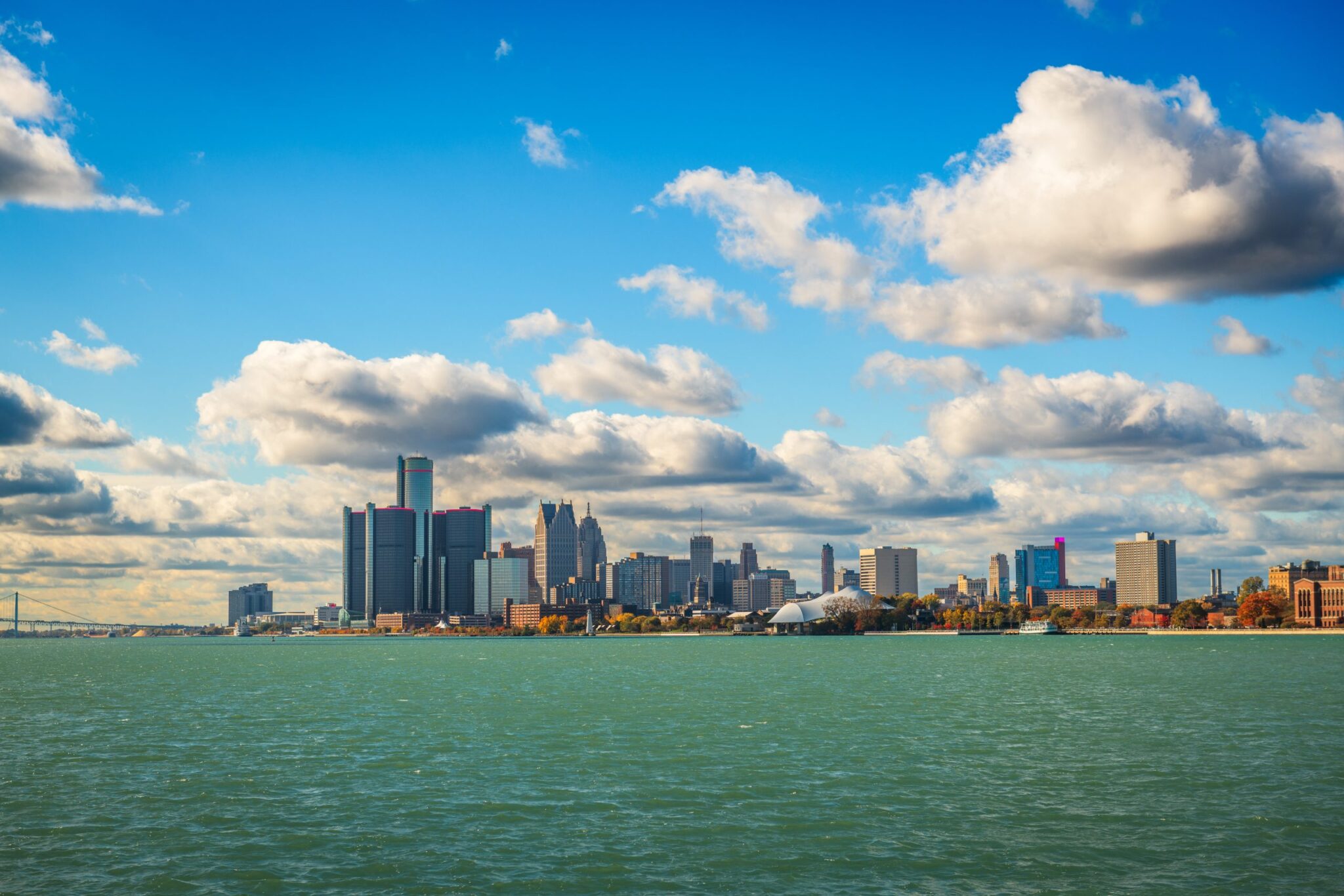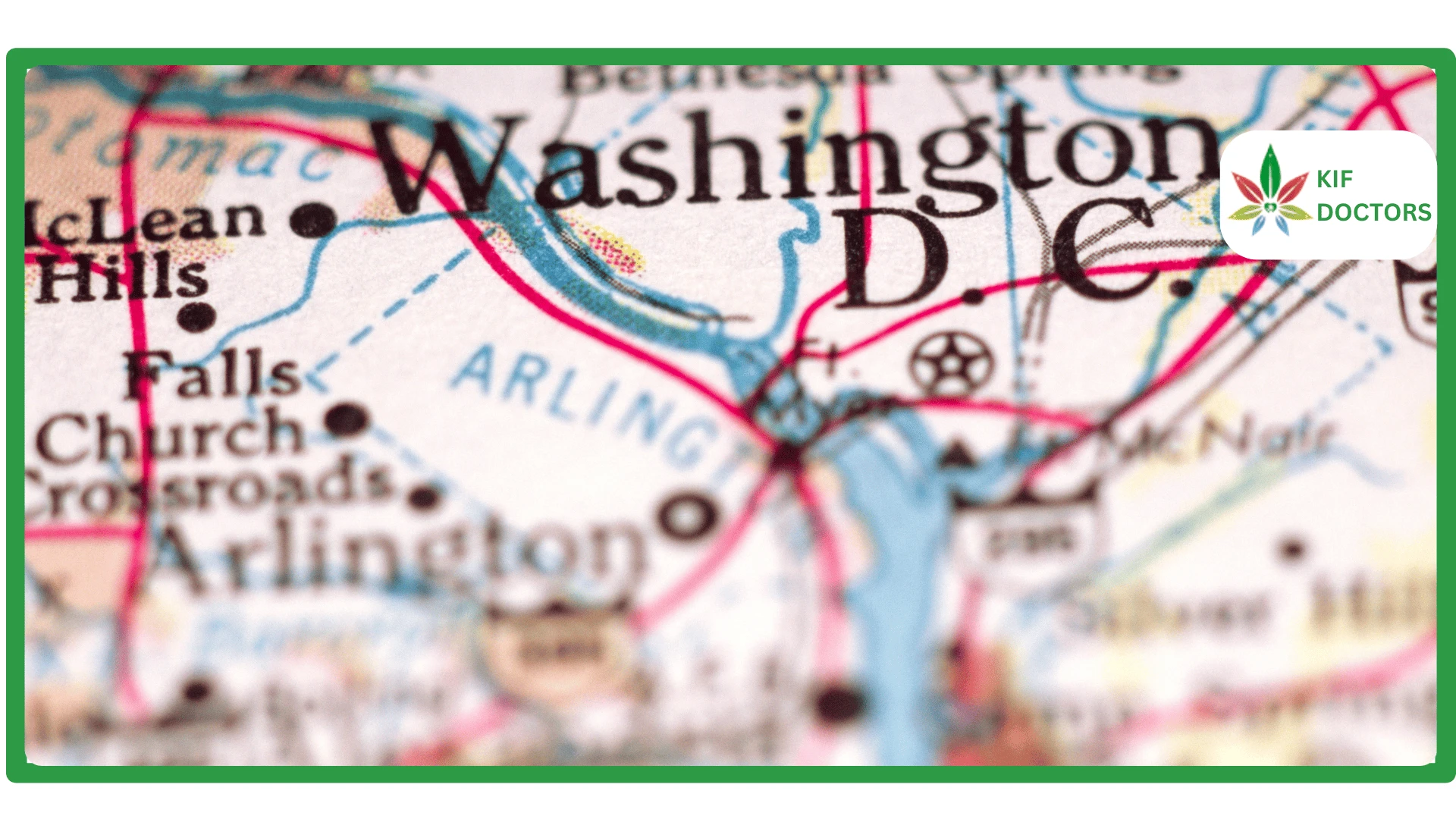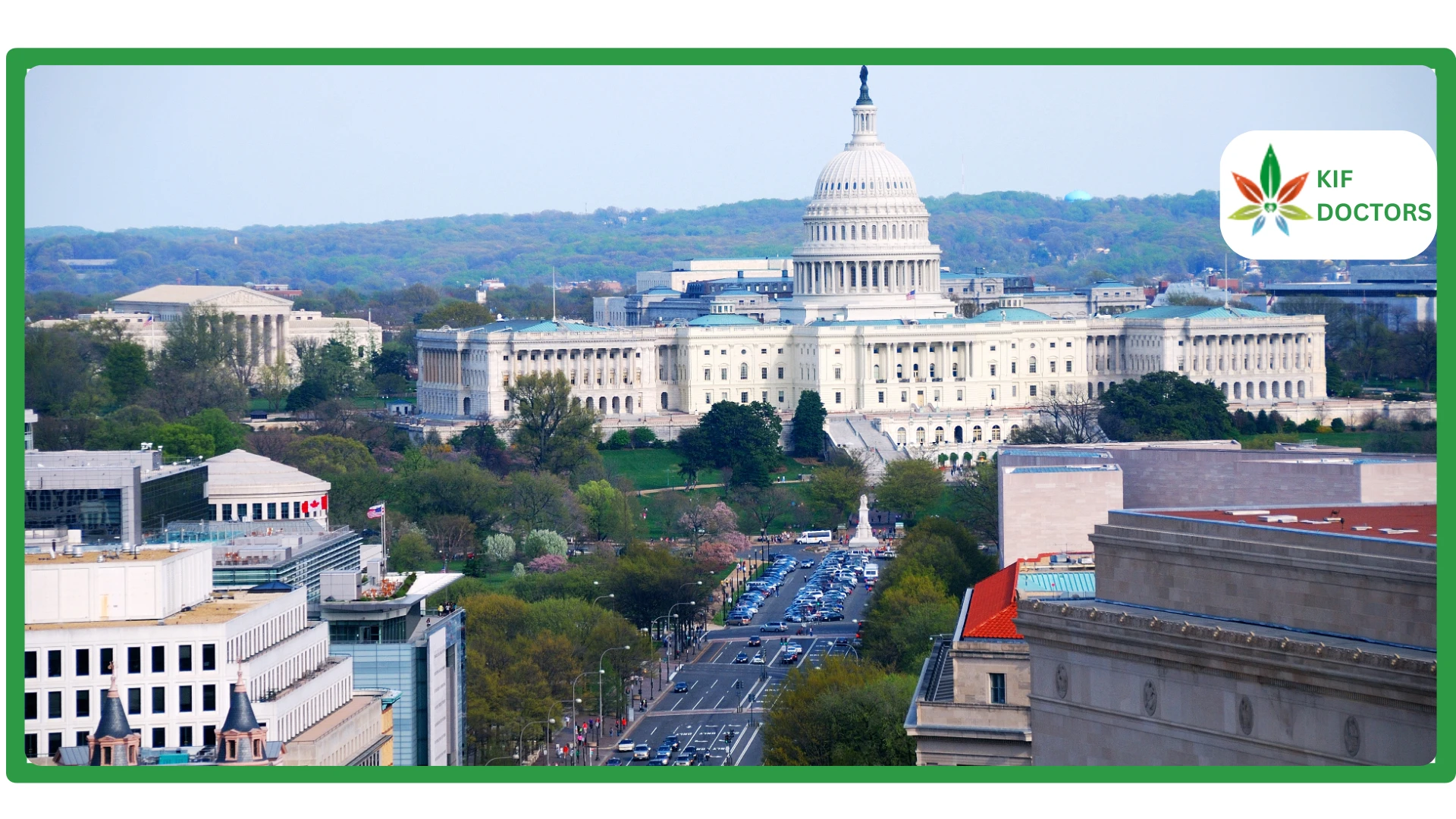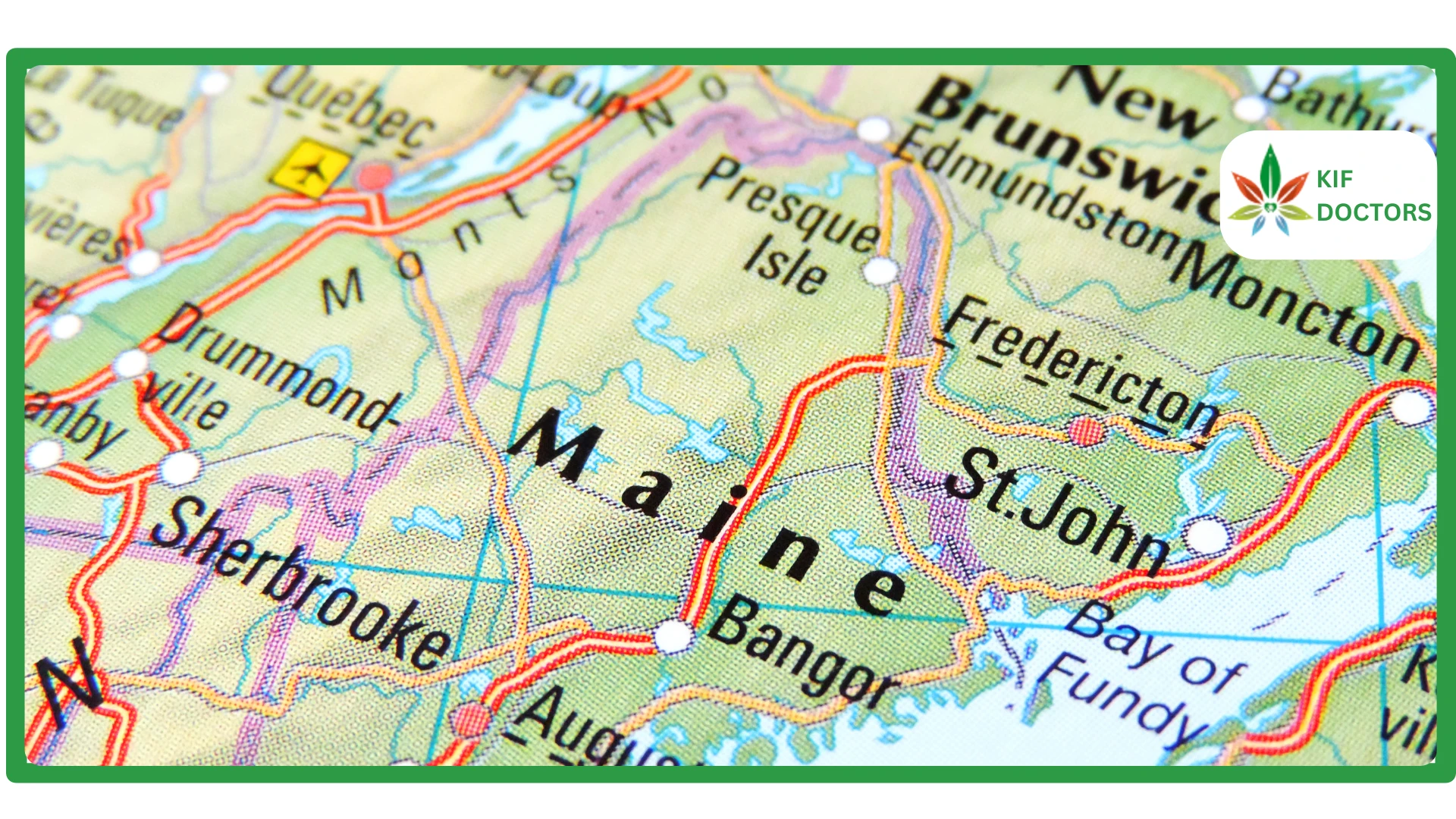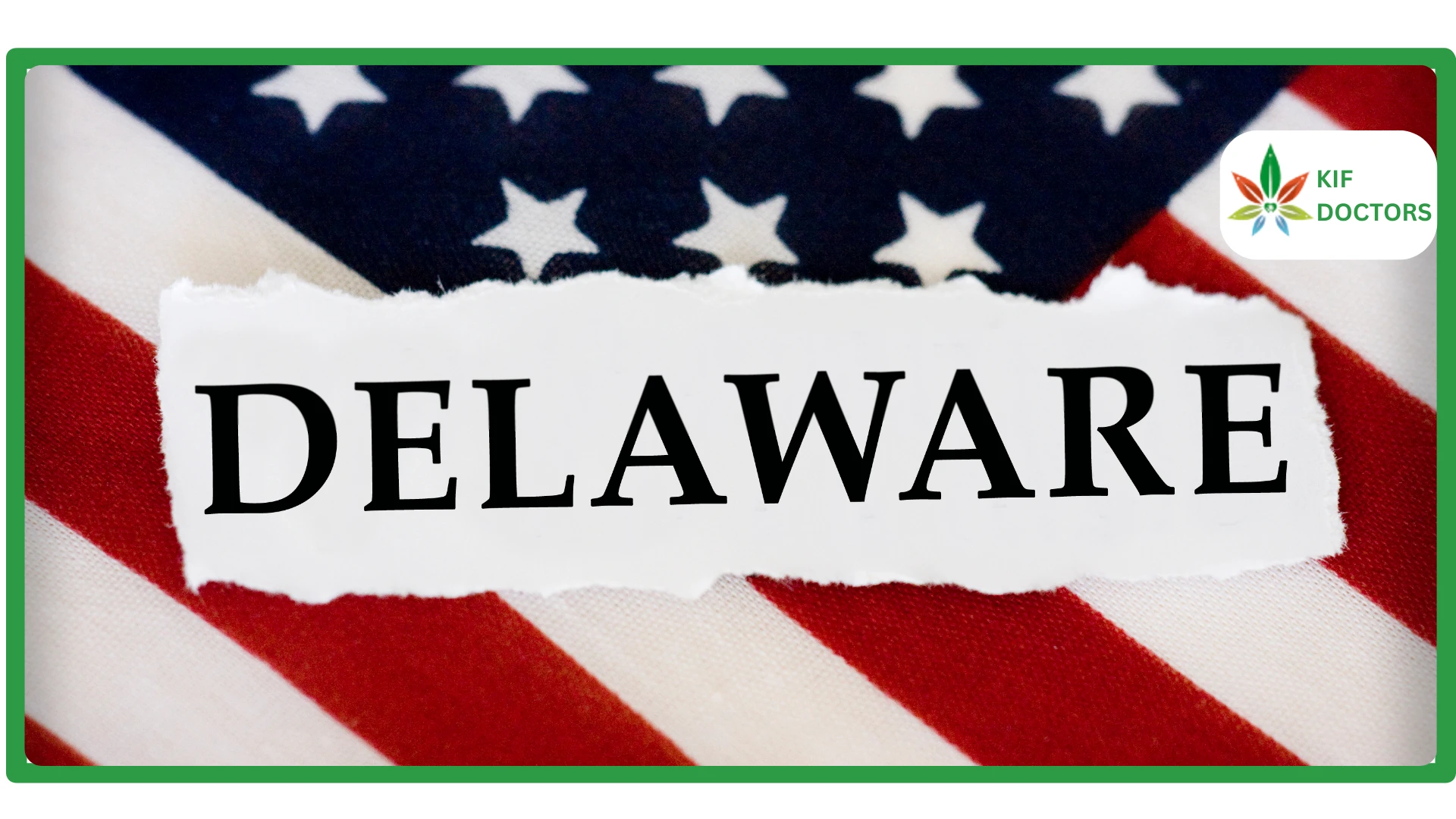Michigan has emerged as a leader in the Midwest for cannabis legalization, with both medical and recreational marijuana now legal under state law. Since the passage of the Michigan Compassionate Care Initiative in 2008 and the Michigan Regulation and Taxation of Marihuana Act in 2018, the state has developed a robust framework for cannabis use, cultivation, and sales. However, navigating the laws can be complex, especially with federal restrictions and local variations. This guide provides a detailed overview of Michigan’s cannabis laws, the medical marijuana program, how to obtain a medical cannabis card, and key considerations for staying compliant. Whether you’re a patient, a recreational user, or just curious, here’s everything you need to know about weed in Michigan.
Recreational Marijuana in Michigan: Legal and Thriving
Recreational marijuana has been legal in Michigan since November 2018, when voters approved the Michigan Regulation and Taxation of Marihuana Act (MRTMA) with 56% support, making Michigan the first Midwestern state to legalize adult-use cannabis. Adults aged 21 and older can legally possess, use, and grow marijuana under specific limits, and a regulated market of dispensaries has flourished, generating over $3 billion in sales in 2024 alone.
Key provisions for recreational users include:
- Possession: Up to 2.5 ounces of marijuana in public, with no more than 15 grams as concentrate. At home, adults can store up to 10 ounces in a secure, locked container.
- Cultivation: Up to 12 plants per household for personal use, grown in an enclosed, locked facility inaccessible to the public.
- Consumption: Allowed in private residences, licensed consumption lounges, or temporary events permitted by local governments. Public use, including in parks, schools, or vehicles, is illegal.
- Purchases: Available at over 600 licensed recreational dispensaries statewide, subject to a 10% excise tax plus a 6% sales tax.
Despite legalization, restrictions remain. Federal law still classifies marijuana as a Schedule I controlled substance, making it illegal on federal lands, such as national parks or universities receiving federal funding. Transporting cannabis across state lines, even to states where it’s legal, is also prohibited. Additionally, some municipalities have opted out of allowing recreational dispensaries, so availability varies by location. For example, cities like Ann Arbor and Detroit have embraced cannabis businesses, while others have imposed bans.
Penalties for violating recreational laws depend on the offense. Possessing more than 2.5 ounces but less than 5 ounces in public is a civil infraction with a $500 fine for first-time offenders. Possession over 5 ounces or cultivation beyond 12 plants can lead to misdemeanor charges, with potential jail time if the violation involves violence or commercial intent. Selling without a license is a felony, carrying up to 7 years in prison and fines up to $500,000, depending on the quantity [Michigan Cannabis Regulatory Agency].
Michigan’s Medical Marijuana Program: A Lifeline for Patients
Michigan legalized medical marijuana in 2008 through the Michigan Compassionate Care Initiative, approved by 63% of voters. The program, overseen by the Cannabis Regulatory Agency (CRA), allows patients with qualifying conditions to access cannabis for therapeutic purposes. Unlike recreational use, medical marijuana patients benefit from higher possession limits, tax exemptions on the 10% excise tax, and access to caregivers who can cultivate on their behalf.
Patients with a medical marijuana card can:
- Purchase up to 2.5 ounces per day, not exceeding 10 ounces per month.
- Possess up to 16 ounces of infused solid products or 36 fluid ounces of infused liquids.
- Grow up to 12 plants or designate a caregiver to cultivate for them.
The program requires a valid registry identification card, issued by the CRA, to purchase from licensed medical dispensaries. As of 2024, Michigan has over 500 medical dispensaries, though some areas lack access due to local opt-outs. Medical marijuana is available in forms like dried flowers, edibles, concentrates, and topicals, but all products must meet strict safety and labeling standards.
Qualifying Conditions for Medical Marijuana
To qualify for a medical marijuana card, patients must be diagnosed with one of the following conditions, certified by a licensed physician:
- Alzheimer’s disease
- Amyotrophic Lateral Sclerosis (ALS)
- Arthritis
- Autism
- Cancer
- Chronic pain
- Colitis
- Crohn’s disease
- Glaucoma
- Hepatitis C
- HIV/AIDS
- Inflammatory bowel disease
- Nail patella
- Obsessive-compulsive disorder
- Parkinson’s disease
- Post-traumatic stress disorder (PTSD)
- Rheumatoid arthritis
- Spinal cord injury
- Tourette’s syndrome
- Ulcerative colitis
Patients under 18 with severe conditions, like epilepsy, may qualify with parental consent and a caregiver. The CRA also allows petitions to add new conditions, ensuring the program adapts to emerging medical evidence.
How to Get a Medical Marijuana Card in Michigan
Obtaining a medical marijuana card in Michigan is straightforward but requires careful adherence to state regulations. Here’s a step-by-step guide:
- Consult a Physician: Visit a licensed Michigan physician to obtain a written certification for a qualifying condition. The doctor must confirm a bona fide patient-physician relationship and document the diagnosis.
- Gather Documentation: Provide proof of Michigan residency, such as a driver’s license, state ID, or voter registration. If designating a caregiver, include their ID and a $25 caregiver fee.
- Submit Application: Apply online or by mail through the Michigan Medical Marihuana Program (MMMP). Include the physician’s certification, residency proof, and a $40 application fee. Reduced fees may apply for Medicaid or SSI recipients.
- Receive Your Card: If approved, you’ll receive a digital card via email and a physical card within 15 business days. The card is valid for two years and must be renewed with a new physician certification.
- Visit a Dispensary: Use your card and a photo ID to purchase medical marijuana at licensed provisioning centers.
Services like Kif Doctors can simplify the process by connecting patients with certified physicians online. I always recommend going for a Medical Marijuana Card Online Instantly to streamline approval and get relief faster.
Caregivers play a vital role for patients unable to cultivate or access dispensaries. A caregiver must be 21 or older, have no felony convictions involving drugs or violence, and can assist up to five patients, growing up to 72 plants total if registered for all. Caregivers must also apply through the MMMP and comply with secure storage rules.
Hemp and CBD: Legal and Accessible
Hemp-derived products, including CBD with 0.3% or less THC, are legal in Michigan under the 2018 federal Farm Bill. These products, such as oils, gummies, and creams, are available without a medical card at retailers, online, or even gas stations. However, marijuana-derived CBD remains illegal outside the medical program due to higher THC content.
Michigan regulates hemp processors and handlers to ensure compliance with THC limits and safety standards. Consumers should verify product labels and third-party lab tests, as unregulated CBD may contain inaccurate THC levels, risking legal issues if used in public or during drug tests. The 2019 Hemp Research and Development Act further clarified hemp’s legal status, boosting Michigan’s hemp industry, which supports farmers and small businesses.
Workplace and Driving Considerations
While cannabis is legal, Michigan’s laws don’t fully protect users in workplaces or on the road. Employers can enforce drug-free policies, and testing positive for THC, even from off-duty use, may lead to termination or hiring denials. The Michigan Civil Service Commission removed cannabis from pre-employment drug tests for most state jobs in 2023, but private employers retain discretion.
Driving under the influence of marijuana is illegal, with a first-time offense carrying up to 93 days in jail, fines of $100–$500, and community service. Medical marijuana patients won a 2013 Michigan Supreme Court ruling (People v. Koon) exempting them from zero-tolerance DUI laws unless impairment is proven, but recreational users face stricter scrutiny. No reliable roadside test exists for THC impairment, so police rely on behavior and blood tests, which can detect cannabis weeks after use.
Social Equity and Expungement Efforts
Michigan’s cannabis laws address social justice through expungement and equity programs. In 2020, Governor Gretchen Whitmer signed laws allowing automatic expungement of certain marijuana misdemeanors and simplifying felony expungements for offenses now legal under the MRTMA. By 2023, over 235,000 convictions were cleared, reducing barriers to employment and housing.
The CRA’s Social Equity Program supports communities disproportionately harmed by past drug laws, offering reduced licensing fees and business support for minority-owned cannabis ventures. These initiatives aim to ensure the $3 billion cannabis market benefits all Michiganders, not just large corporations.
The Future of Cannabis in Michigan
Michigan’s cannabis industry is booming, with over 600 recreational dispensaries, 1,000 growers, and 30,000 jobs created. The state leads the nation in low prices and high sales, but challenges remain. Local opt-outs limit access in some areas, and federal prohibition creates banking and tax hurdles for businesses. Proposed reforms include expanding consumption lounges, like Ann Arbor’s Hot Box Social, and increasing delivery services, now allowed statewide for recreational users.
Public support for further liberalization is strong, with 60% of Michiganders favoring fewer restrictions, per a 2022 poll. Bills to protect workers’ off-duty use and decriminalize small-scale sharing are pending, but federal legalization, which could normalize banking and interstate commerce, remains uncertain. Tribal communities also gained easier access to cannabis markets in 2023, fostering economic growth on reservations.
Michigan’s progressive stance, from Ann Arbor’s 1970s decriminalization to today’s regulated market, positions it as a model for other states. However, users must stay informed to avoid pitfalls, like public use bans or workplace policies, that could undermine the benefits of legalization.
FAQs About Marijuana Laws in Michigan
Is recreational marijuana legal in Michigan?
Yes, adults 21 and older can possess up to 2.5 ounces in public, store 10 ounces at home, and grow 12 plants since 2018. Sales are regulated at licensed dispensaries.
Who qualifies for a medical marijuana card?
Michigan residents 18 and older with conditions like cancer, chronic pain, or PTSD, certified by a physician, can apply. Minors with severe conditions may qualify with a caregiver.
Can I use marijuana in public?
No, public consumption is illegal, including in parks, schools, or vehicles. Use is restricted to private residences, licensed lounges, or permitted events.
Are there workplace protections for cannabis users?
No, employers can fire or refuse to hire based on positive THC tests, even for legal off-duty use. Some state jobs no longer test for cannabis pre-employment.
Can I grow my own cannabis?
Yes, adults 21 and older can grow up to 12 plants per household in a locked, enclosed area. Medical patients or caregivers can also grow under the same limit.
Is CBD legal in Michigan?
Hemp-derived CBD with 0.3% or less THC is legal for all, available without a card. Marijuana-derived CBD requires a medical marijuana card [Michigan CRA Consumer Connection].
Conclusion
Michigan’s cannabis laws offer a balanced approach, providing access for medical patients and recreational users while maintaining strict regulations to ensure safety and compliance. From the thriving dispensary network to the growing acceptance of consumption lounges, the state has built a dynamic cannabis culture that supports economic growth and social equity. However, users must navigate local restrictions, federal limitations, and workplace policies to stay legal. By understanding possession limits, qualifying conditions, and application processes, Michiganders can fully engage with the state’s progressive cannabis framework. Whether seeking relief or recreation, this guide equips you with the knowledge to make informed choices in Michigan’s green landscape.
 Since 2021, Kif offers a streamlined platform to get a medical marijuana card online. We have served more than 45K patients across the United States. Sign Up Now to get the right to use medical cannabis for your health condition without any delay.
Since 2021, Kif offers a streamlined platform to get a medical marijuana card online. We have served more than 45K patients across the United States. Sign Up Now to get the right to use medical cannabis for your health condition without any delay.















